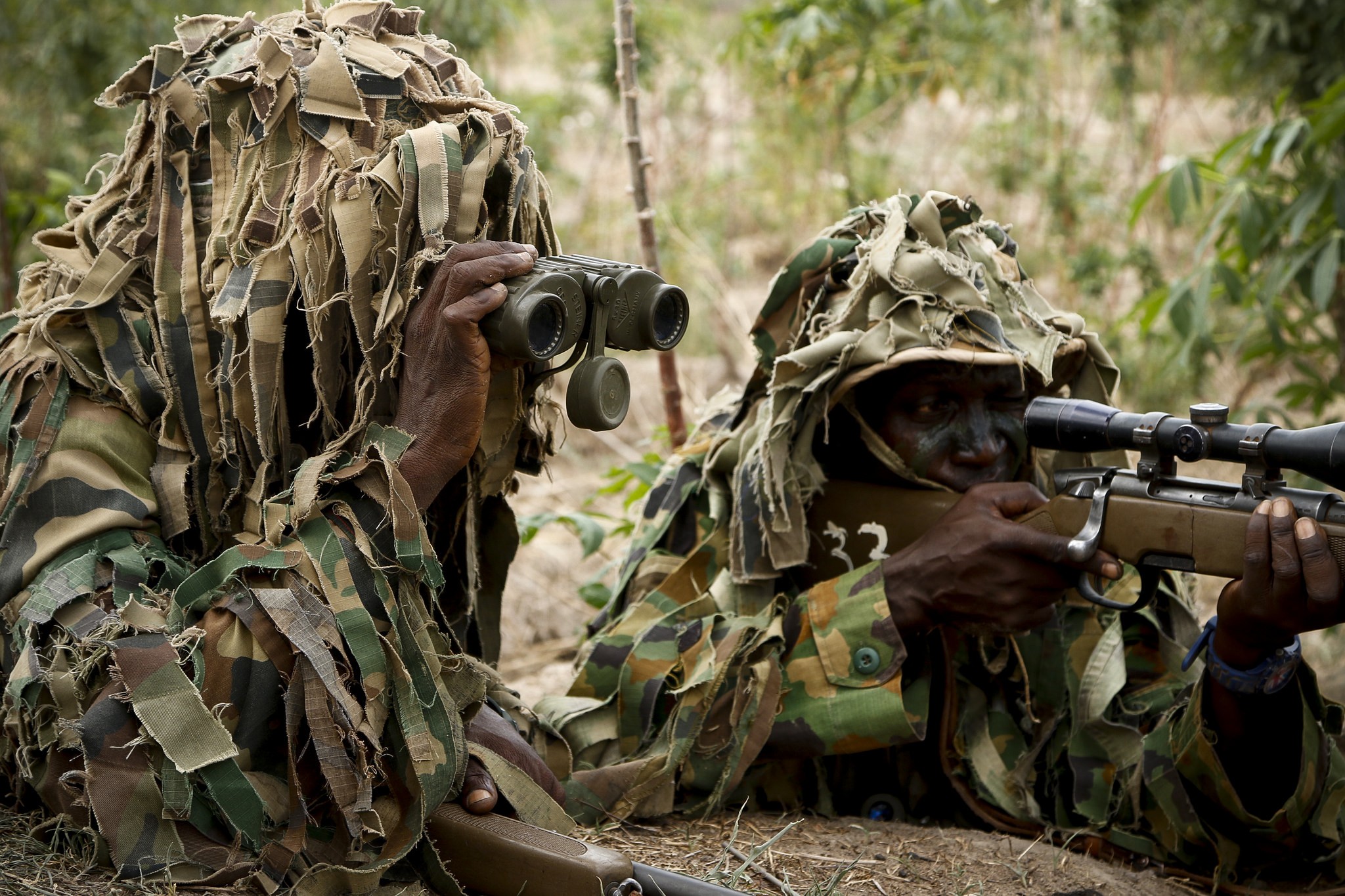President Idriss Déby-Itno passed away in April 2021. The Transitional Military Council, led by Déby’s son Mahamat, seized power immediately, disregarding the constitutional process and raising concerns about a potential dynastic power grab by the Déby clan. The brutal repression of protestors by security forces on October 20, 2022 and the subsequent imposition of a state of emergency make it increasingly difficult for the opposition to express itself publicly. Elections are now scheduled to take place no later than the end of 2024.
Poverty levels have continued to rise. Extensive flooding affected Chad’s southern regions and parts of the capital, displacing hundreds of thousands of people and damaging farmland. This has resulted in crop failures and increased risk of hunger.
Reforms are necessary in sectors such as education, health and infrastructure. However, considering the persistence of ruling structures, it is likely that a significant portion of the funds intended for improvement will be lost to corruption. Negotiations between the transition government and politico-military movements resulted in a peace agreement, which the most powerful military factions refused to sign.

